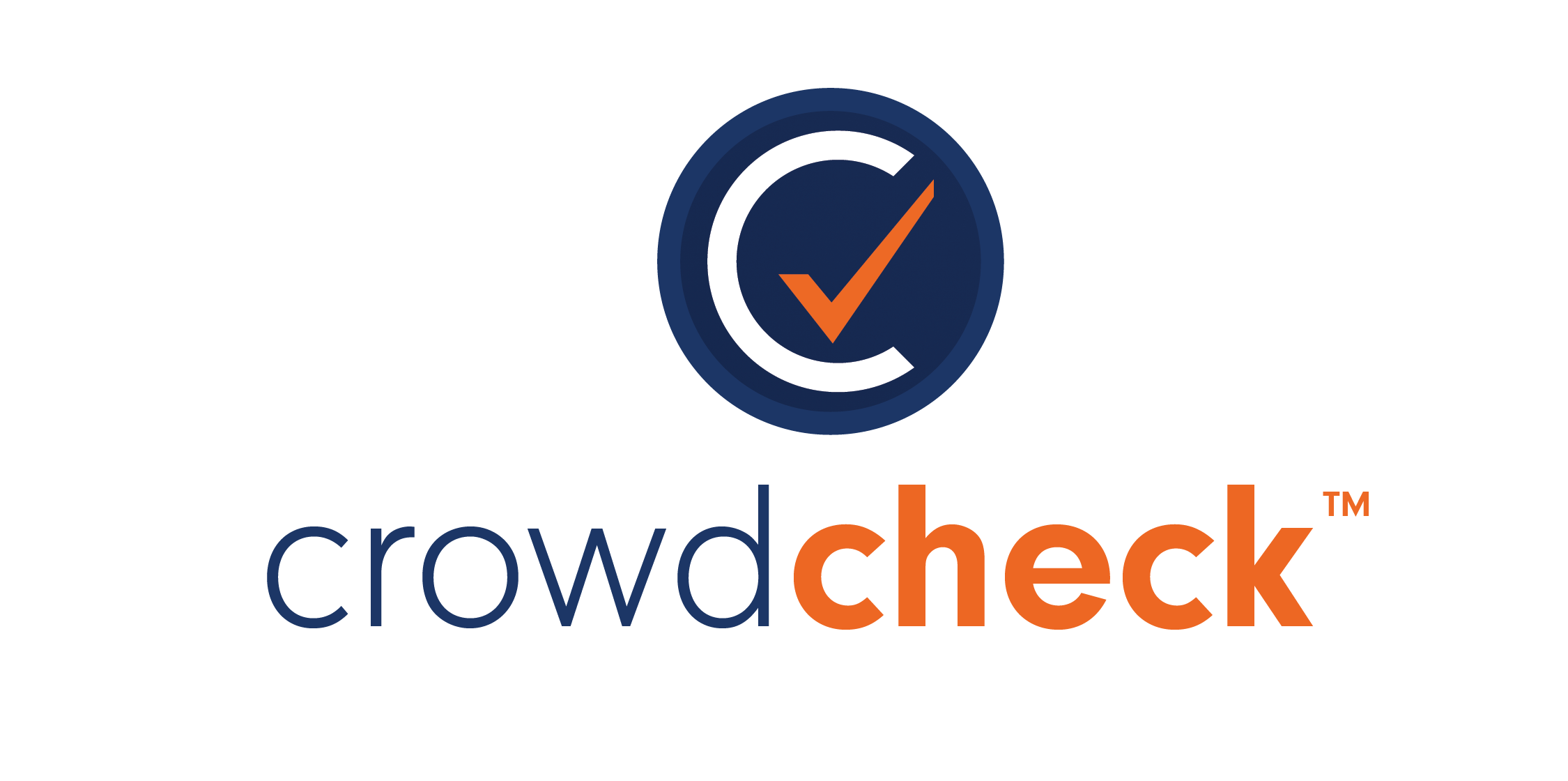The crowdfunding industry encompasses every model of business and market you could think of. From “sexy” tech gadgets to nonprofit fundraising to local restaurants and retailers, the internet has opened up pathways for investors, entrepreneurs and financiers to connect, develop ideas and grow businesses. But with more and more products facing delays after raising money through the rewards and donations model, and startups learning on the fly about the consequences and responsibilities that come with a successful raise, many backers are looking for more from their time and money. Investors are waiting at the doors for securities crowdfunding and the line behind them is only getting longer.
After more than a year delay on the rules for Title III of the Jobs Act, the public crowdfunding provision, many are coming to realize what a highly regulated and strict environment the crowdfunding industry is entering into. And this may not be a bad thing. Businesses seeking to make raises on equity platforms will face higher due diligence scrutiny and need to sort out legal issues before their campaign starts, which in turn gives potential backers more transparency into the company and better ability to make an investment decision. This transparency is exactly what the public wants and when coupled with the possibility of ROI rather than a onetime reward there is huge potential for the rewards and donation crowd to make the jump to equity. This doesn’t mean that rewards sites like Kickstarter or Indiegogo will lose companies. These behemoths of the industry aren’t going anywhere and in fact rewards sites such as Indiegogo may expand into the crowd investing space. What the expansion of equity crowdfunding means is companies will have to be more open when presenting their offering to the public, they will have to have their records examined and, if using a service such as CrowdCheck, have had gone through a robust due diligence check. Potential investors who worry about the lack of information current businesses provide in their campaigns will welcome the data that companies must present in an equity raise. With the growing trend of products being shipped late, investors may feel more inclined to wait on a return on investment for the same monetary value instead of waiting on a late product, with the added advantage of being able to grow someone’s business.
If you listen across the industry, the crowd is yearning for something more out of their donations. They want the possibility of something more than a gift card or gadget; they still want the ability to help a startup grow but also the benefits that come with owning a piece of a company. They want to be investors instead of donors. Soon the door will open on securities crowdfunding; we know the SEC rules are on their way, and the marketplace will expand to a whole new group of investors. However, until that time we will have to wait and the crowd looking to get in is only growing.
